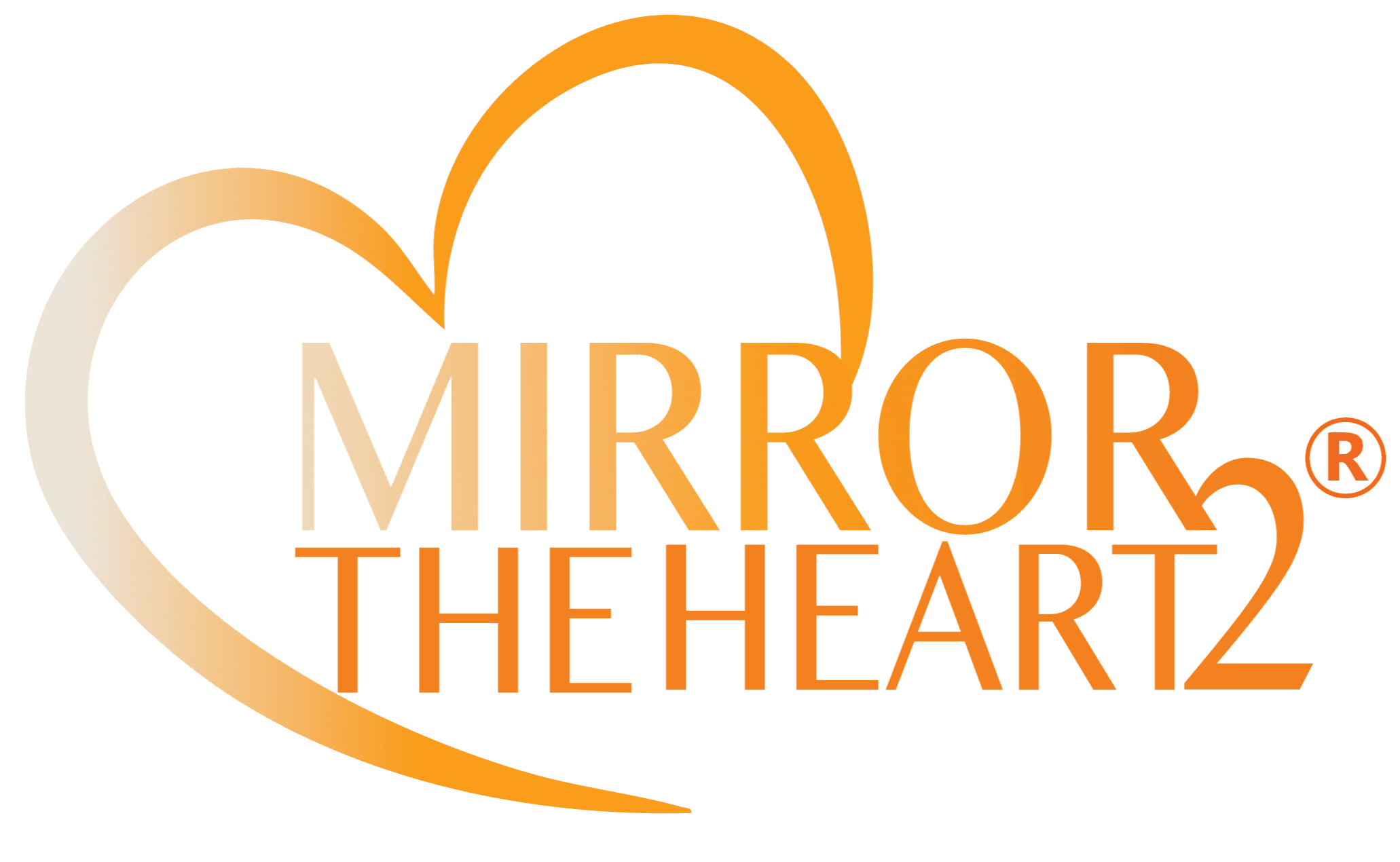From Broken Trust to Renewed Hope: Addiction's Impact on Marriage

Stephanie Briscoe, NCC, LCMHCS, LPCS, CEAP | April 9th, 2025.
Marriage, a sacred bond, can be tested by unforeseen challenges. Addictions, particularly sexual addiction, coupled with a lack of conflict resolution skills, can create a perfect storm of pain and confusion. If you find yourself in this situation, you’re not alone. The path to healing is complex, but it’s possible.
Imagine your marriage as a house. When addiction hits, it’s like a hurricane tearing through its foundation. The walls of trust crumble, and the roof of intimacy leaks. The shadow of addiction, particularly sexual addiction, thrives in secrecy, breeding dishonesty, emotional unavailability, and a constant need for self-gratification. This leaves the partner feeling betrayed, abandoned, and deeply wounded. Furthermore, addiction often masks or is coupled with other mental health issues, making recovery even more difficult.
The environment becomes toxic, rendering effective communication nearly impossible. Defensiveness, blame, and denial become the norm, replacing healthy dialogue with accusatory statements that fuel conflict. Rebuilding trust after such betrayal is a monumental task. The non-addicted partner often experiences hypervigilance, constantly questioning the addicted partner’s actions. Without consistent honesty and accountability, trust remains elusive. The deep pain caused by addiction can lead to entrenched resentment and unforgiveness, creating a cycle of negativity that hinders healing and intimacy. Ultimately, the burden of unforgiveness tends to hurt the non-addicted partner the most.
Handling this situation requires a multi-pronged approach. For the addicted partner, acknowledging the problem is paramount. Denial is the enemy of recovery, and taking full responsibility is essential. Seeking professional help, particularly individual therapy with a specialist in sexual addiction, is crucial. Exploring rehab or intensive outpatient programs may also be necessary. Honest and complete disclosure, even when painful, is vital for rebuilding trust. Demonstrating consistent and measurable change is key, along with seeking support groups like Sex Addicts Anonymous (SAA).
Key actions for the addicted partner:
- Acknowledge the addiction.
- Seek professional therapy.
- Provide full disclosure.
- Demonstrate accountability.
For the non-addicted partner, prioritizing self-care is essential. Individual therapy can help process trauma and develop coping strategies. Setting firm boundaries is crucial for protecting oneself from further harm. Educating oneself about addiction and its impact on relationships is also important. Support groups like Partners of Sex Addicts (PASA) or Al-Anon/Nar-Anon can provide invaluable support and understanding. It’s also important to not enable the addicted partner by making excuses or covering for them.
When considering couples therapy, it should only begin when the addicted partner has made significant progress in individual therapy. The focus should be on improving communication, rebuilding intimacy, and learning healthy conflict resolution. A trauma-informed approach is essential, recognizing the pain caused by addiction and approaching healing with sensitivity.
Key actions for the non-addicted partner:
- Prioritize self-care.
- Set healthy boundaries.
- Seek support groups.
- Avoid enabling.
Dealing with addiction and betrayal within a marriage presents significant challenges. Seeking professional helpis not a sign of weakness, but a sign of strength and a commitment to healing. A skilled therapist can provide a safe and neutral space for both partners to express their feelings, help identify underlying issues and patterns of behavior, teach effective communication and conflict resolution skills, guide the couple through the process of rebuilding trust, and support the non-addicted partner in processing trauma.
If addiction is present, remember that it requires an additional layer of intervention. Recovery is not just about repairing the relationship; it’s about addressing the root cause of the problem. This often involves individual therapy for the addicted partner, support groups, and a commitment to long-term recovery.
If you are ready to take the first step in your healing journey, consider resources that can help you understand and navigate these complex issues. For example, you can begin your journey to healing by looking at resources such as this one: Healing Your Marriage When Trust Is Broken: Finding Forgiveness and Restoration, by Cindy Beall.
Healing from addiction and betrayal is a journey, not a destination. It requires patience, commitment, and a willingness to seek help. But with the right support, it is possible to rebuild a stronger, more resilient marriage.
About the Author
Stephanie Briscoe, NCC, LCMHCS, LPCS, CEAP, is a clinical supervisor, professional development trainer, author, and workshop facilitator. As CEO and Lead Clinician of Mirror 2 the Heart PLLC, she integrates her counseling expertise with her signature ARC Mentality™ framework to help individuals and organizations embrace accountability, relatability, and consistency. With a blend of faith, insight, and practical strategies, Stephanie equips others to heal, grow, and thrive with purpose.
Serving clients across North Carolina & South Carolina via secure telehealth.
At Mirror 2 the Heart we don't heal you we provide the tools for you to heal yourself. We do this by using a therapeutic style that is “practical yet progressive"! We metaphorically place a mirror to your heart to reveal who you really are. It is through this journey that we utilize your reality to help you stand in your truth! Once you stand in your truth it is up to you to change the outcome. So what are you waiting for reach out today!
Please give us a call, send an email, or simply fill out the form on this page. We are looking forward to speaking with you. Our phone system is an answering system. If you do not get a live person please leave a message and we will return your call within 24 - 48 hours.
